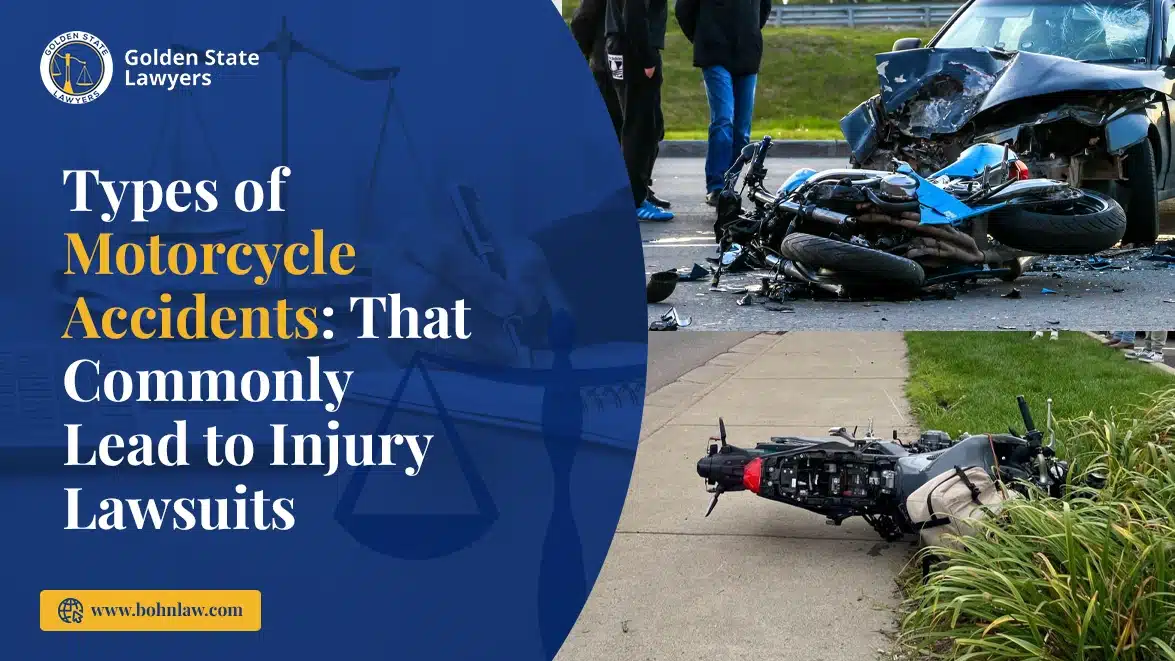Filing a personal injury claim helps you recover money for damages if you get injured due to another person’s negligence. However, many claims face rejection, and injured individuals may end up without compensation. Therefore, you should know why claims are denied and how to deal with them. Personal injury claims may be denied for various reasons, including missed deadlines or insufficient supporting evidence. Delays in seeing a doctor for a lengthy period or failure to mention prior illnesses clearly may destroy your case. Providing conflicting statements, exclusion of policies, or not letting a personal injury law firm handle the case may lead to a chance of denial.
Common Causes for Personal Injury Claim Denials
Here are some reasons why claims face denials:
-
Missing the Statute of Limitations
One common reason is missing the filing deadline. State law usually gives two years from the injury to sue. If you wait too long, courts will likely dismiss your case. Special rules can shorten deadlines for claims against public entities. If a public agency is involved, additional short deadlines may exist.
-
Inadequate Documentation and Evidence
Courts and adjusters insist on evidence for your damages and injuries. Without reports from doctors and police, photos, and witnesses, your case seems weak. Missing documents make adjusters think that your claims are exaggerated or not accident-related. You need complete and credible records to substantiate your case.
-
Delay in Seeking Medical Treatment
Delaying medical care can damage credibility and create gaps in records. Insurance agents may insist that injuries occurred later or weren’t as serious. See a doctor quickly and follow their instructions exactly. Insurance adjusters often consider gaps in treatment suspicious. Keeping a treatment timeline helps show continuous care after the accident.
-
Inconsistent or Contradictory Statements
Contradictory statements often weaken your credibility with insurers and juries. Tell the truth, and be consistent with all written reports. Small changes in your story can become big problems later. Always review written reports before signing to avoid mistakes. If you remember new details later, tell your wrongful death attorney immediately.
-
Insurance Policy Exclusions or Lack of Coverage
Some policies exclude certain injuries or activities from coverage entirely. Read the policy and find restrictions and exclusions. The insurer may deny payment or offer limited benefits if the coverage is unclear. You can appeal unjust denials and report issues to regulators. Coverage for uninsured motor vehicles may be optional or limited. If payment on your claim is denied, retain the denial letter and ask for reasons.
-
Self-Handling without Expert Help
Trying to handle everything on your own can lead to mistakes. Insurance companies use experienced adjusters to find weaknesses in claims. A personal injury law firm knows how to gather evidence correctly. Hiring an experienced attorney can quickly balance the scales in your favor. You may miss filing rules or make admissions unintentionally and easily. Contingency fee arrangements let many people hire lawyers without upfront fees.
How to Prevent Personal Injury Claim Denials?
Prevention begins with small steps taken immediately. Acting deliberately from the start reduces the chance of denial later.
-
Act Quickly and File on Time
Know your deadlines and start the claim process immediately. Maintain a record of the steps you follow after the event. Submit a preliminary claim to the insurance company to safeguard your rights.
-
Collect and Preserve Strong Evidence
Take photos, save receipts, and note down witness contact information. Keep medical bills and appointments at hand for easy access. Jot down weather, road, or lighting conditions that were possibly relevant. Get written statements from witnesses and save their contacts.
-
Get Immediate and Consistent Medical Care
Seek medical attention and follow through with all appointments. Consistent care ties your injuries directly to the incident claimed. Tell medical staff every symptom, even minor ones that worry you. Request copies of records and billing statements for future use.
-
Work to Establish Clear Liability
Collect evidence showing how the other party caused the harm. Accident reports, photographs, and witnesses are all helpful in revealing fault. If the police are involved, obtain the officer’s and incident report numbers. If available, save physical evidence, such as damaged property or clothing.
-
Seek Help from an Experienced Attorney
Hire a lawyer from a trusted law firm. An attorney can handle deadlines, evidence, and insurance companies. They can negotiate a settlement or go to court if that is required. A lawyer may obtain medical records and call for necessary experts. They also understand settlement value and how to negotiate a settlement.
Conclusion
Filing a personal injury claim can be complex and rejected for many reasons. These reasons include missed deadlines, weak evidence, or delays in medical care. Inconsistent statements, policy exclusions, or handling the case alone can also cause rejection. Taking quick action, gathering strong evidence, seeking medical attention, establishing clear liability, and working with a personal injury law firm can help prevent these issues and improve your chances of success.

